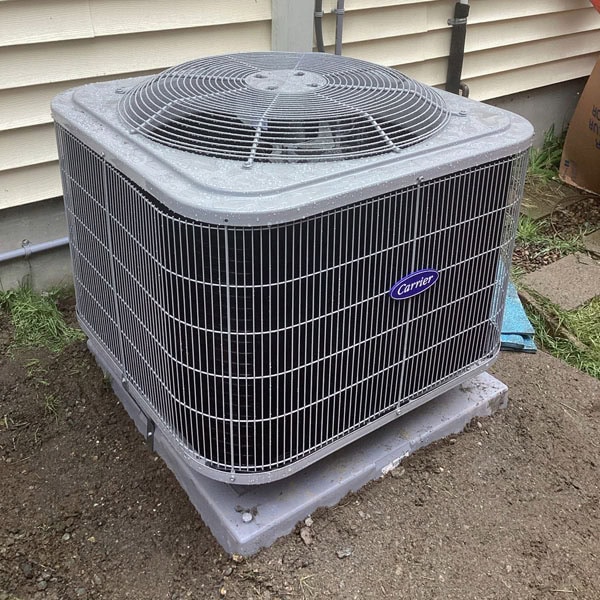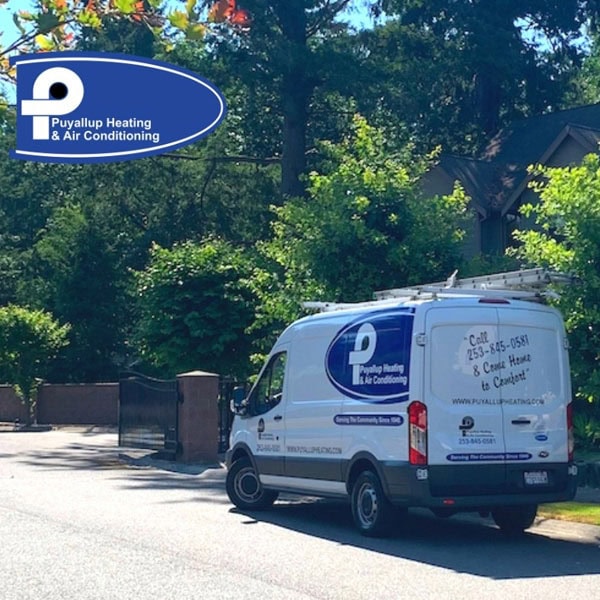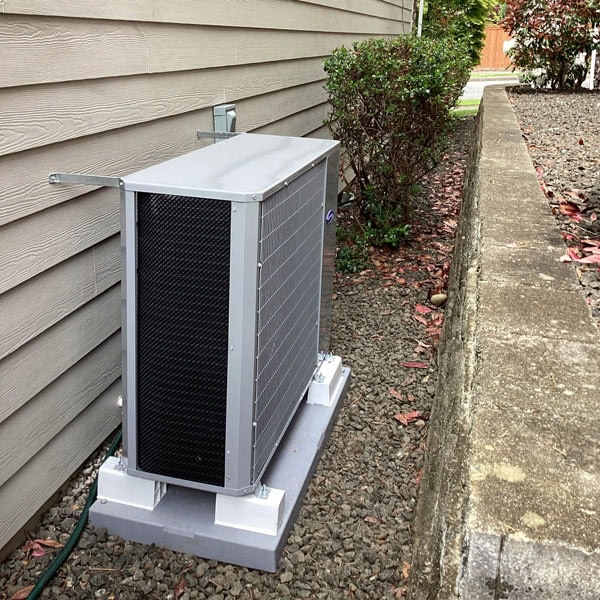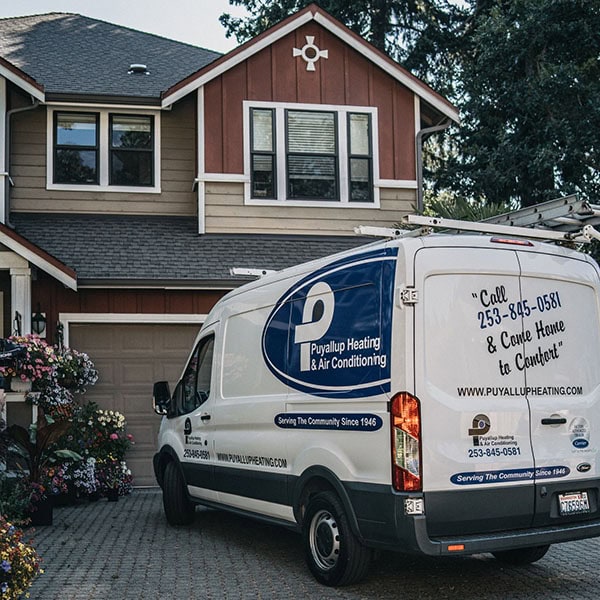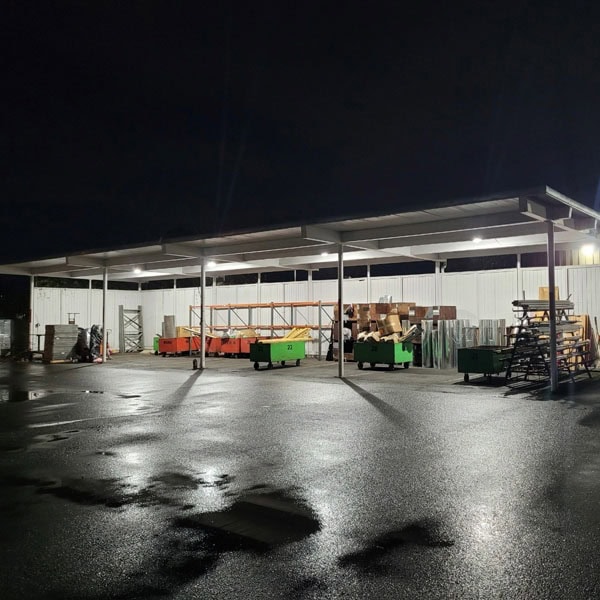Everyone knows temperature plays a vital role in comfort and indoor air quality (IAQ).
Continue ReadingYour air conditioner (AC) can do several things––keep your Washington home’s indoor air cooler than outdoor temperatures, help to keep indoor airborne allergens at bay, and help keep your home’s humidity low. But one thing it can’t do is kill mold.
Continue ReadingSpring is finally arriving in Washington! The days are getting longer, the flowers are blooming, and you’re probably already thinking about dusting off the patio furniture or tackling that messy garage.
Continue ReadingAs the temperatures begin to rise in Bonney Lake, many homeowners are firing up their air conditioners for the first time in months. But what if, instead of a refreshing blast of cool air, you’re hit with an unpleasant smell?
Continue ReadingShould you repair or replace? That’s always the big question when it comes to major home systems like air conditioning (AC). Repairs are easier on the pocketbook in the short run, but too many of them can add up. Deciding on the ideal time to replace your air conditioning system in South Hill, WA can…
Continue ReadingEveryone loves to save money, and it’s a good idea to review different aspects of your budget now and again to see if there are more opportunities you have missed in the past. Considering how to reduce your energy bills is always a great idea in the springtime.
Continue ReadingA ductless heating and cooling system, or a mini split, is a splendid choice for your Puyallup, WA home and a worthwhile investment. It offers many benefits, and you can enjoy them all for years to come if you maintain the system on a consistent basis.
Continue ReadingThis winter, you’re hoping to have a brand new furnace to keep you warm. But there are so many furnaces to choose from. You’re left wondering, which is the right one for your South Hill, WA home?
Continue ReadingStand outdoors on one of those days when the weather feels perfect, take a few deep breaths, and enjoy the fresh air.
Later, take another deep breath—only inside your Washington home. How does it compare?
Continue Reading


